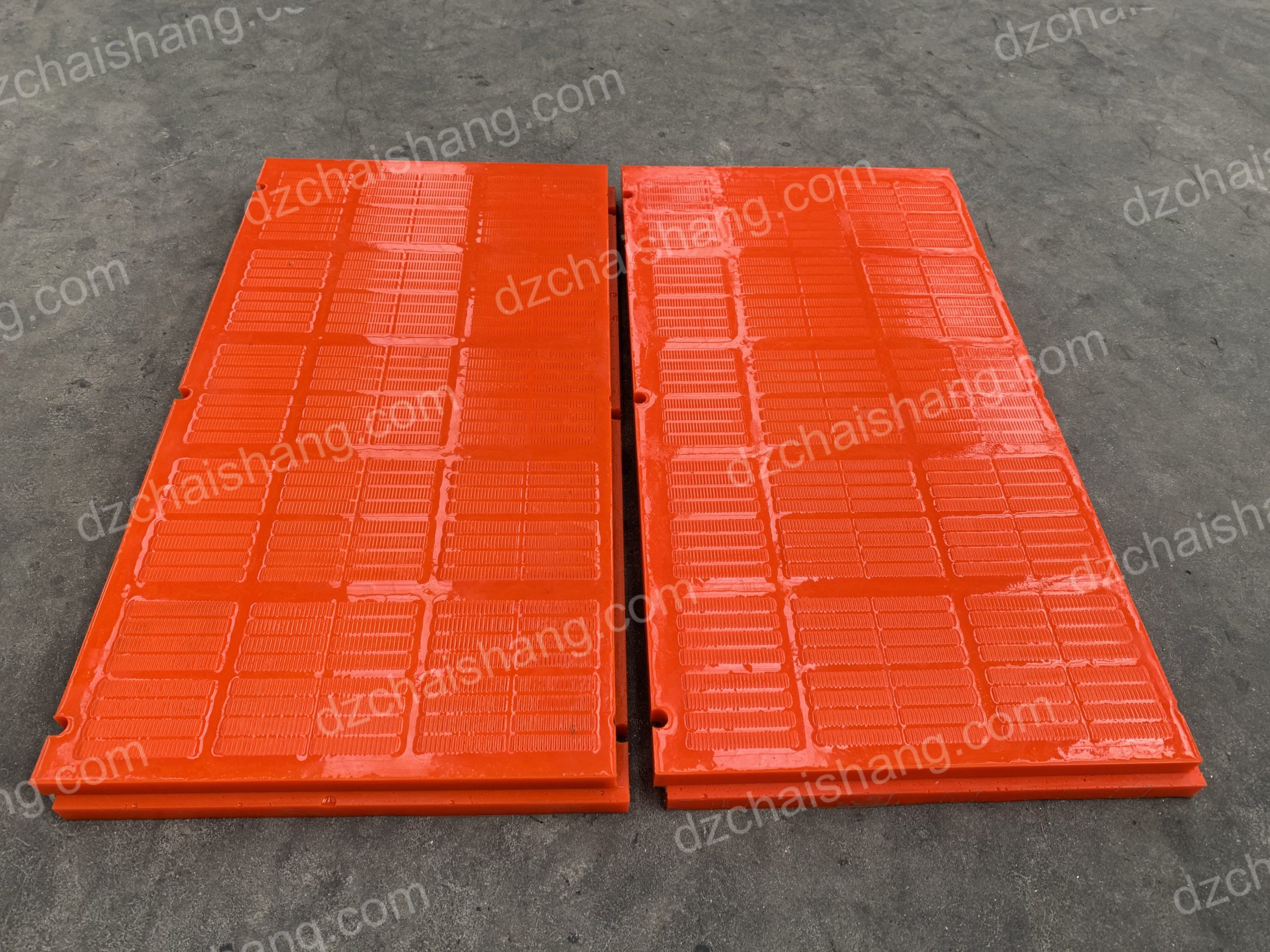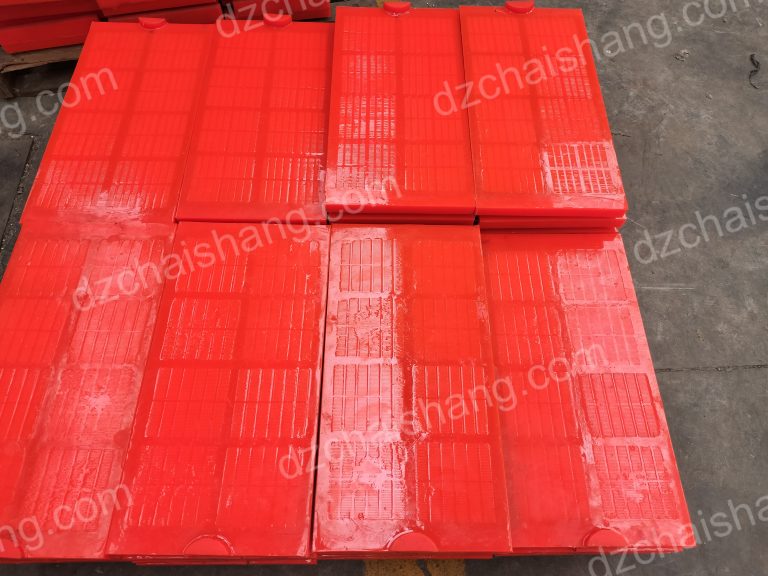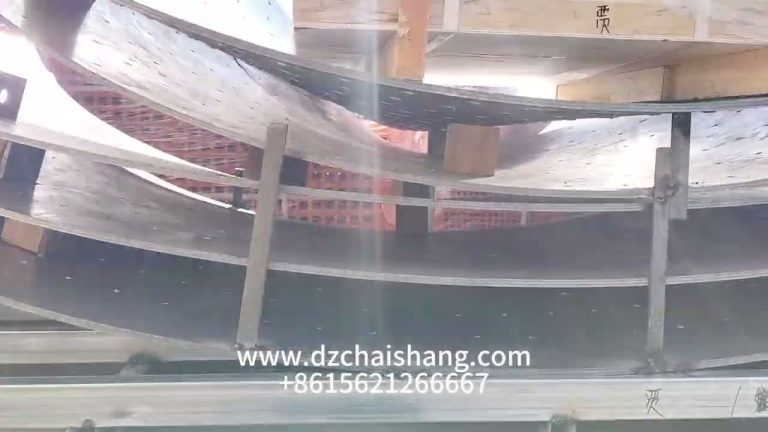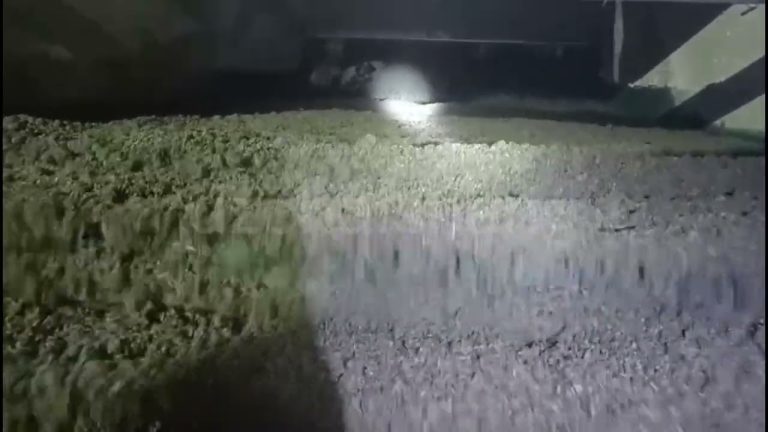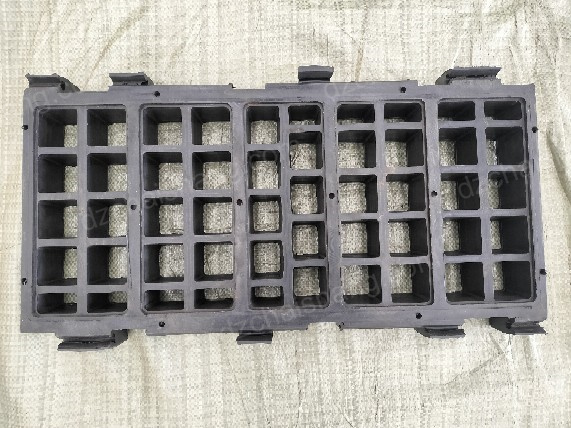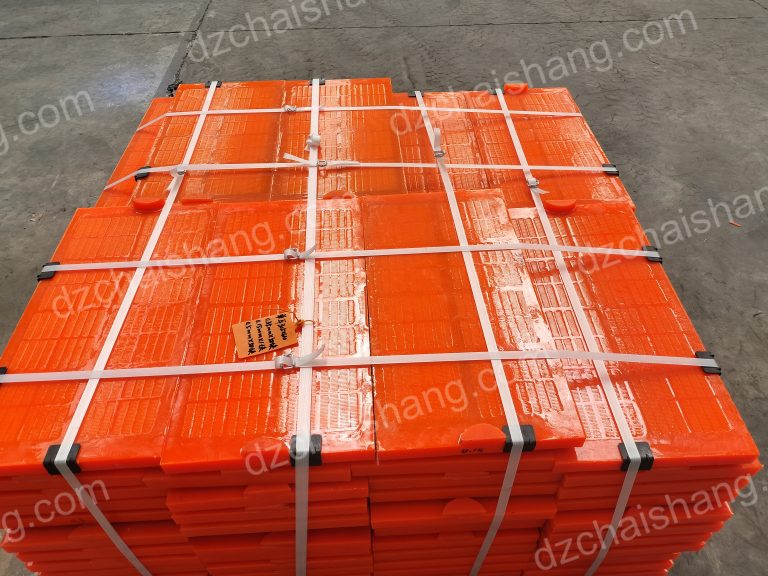Basic introduction to polyurethane screen
An Overview of polyurethane screens Polyurethane screens are a type of screening media that have gained popularity in various industries due to…
An Overview of polyurethane screens
Polyurethane screens are a type of screening media that have gained popularity in various industries due to their durability and efficiency. These screens are made from polyurethane, a synthetic material known for its exceptional wear resistance and flexibility. In this article, we will provide a basic introduction to polyurethane screens, discussing their construction, advantages, and applications.
Polyurethane screens are constructed using a molding process, where liquid polyurethane is poured into a mold and allowed to cure. This manufacturing technique allows for the creation of screens with precise dimensions and intricate designs. The resulting screens have a smooth surface and are resistant to abrasion, making them ideal for applications that involve heavy-duty screening.
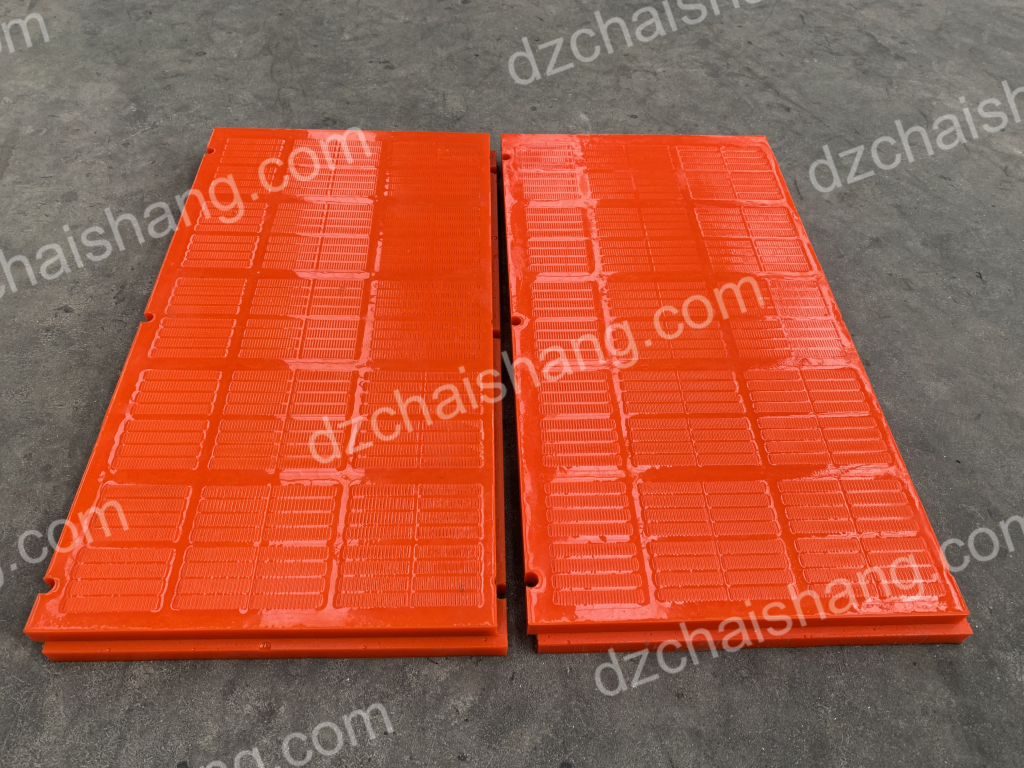 One of the key advantages of polyurethane screens is their durability. Unlike traditional wire mesh screens, polyurethane screens are not prone to breakage or wear. They can withstand high impact forces and are resistant to corrosion, making them suitable for use in harsh environments. Additionally, polyurethane screens have a longer lifespan compared to other types of screening media, reducing the need for frequent replacements and saving costs in the long run.
One of the key advantages of polyurethane screens is their durability. Unlike traditional wire mesh screens, polyurethane screens are not prone to breakage or wear. They can withstand high impact forces and are resistant to corrosion, making them suitable for use in harsh environments. Additionally, polyurethane screens have a longer lifespan compared to other types of screening media, reducing the need for frequent replacements and saving costs in the long run.
Another notable advantage of polyurethane screens is their flexibility. These screens can be manufactured with varying degrees of hardness, allowing for customization based on specific application requirements. Soft polyurethane screens are more suitable for screening materials with high moisture content, as they prevent blinding and clogging. On the other hand, harder polyurethane screens are used for applications that involve heavy-duty screening, such as mining and aggregate processing.
Polyurethane screens also offer improved screening efficiency. The smooth surface of these screens reduces friction, allowing materials to flow more freely and preventing blockages. This results in higher throughput and increased productivity. Additionally, the flexibility of polyurethane screens enables them to conform to the shape of the material being screened, ensuring accurate separation and classification.
The applications of polyurethane screens are diverse and span across various industries. In the mining industry, these screens are used for separating and classifying minerals, ensuring efficient processing and maximizing yield. In the aggregate industry, polyurethane screens are employed in the screening of crushed stone, sand, and gravel, enabling the production of high-quality aggregates. Other industries that benefit from the use of polyurethane screens include recycling, construction, and chemical processing.
In conclusion, polyurethane screens are a versatile and durable screening media that offer numerous advantages over traditional wire mesh screens. Their construction using liquid polyurethane allows for precise dimensions and intricate designs, while their durability and flexibility make them suitable for use in harsh environments. Polyurethane screens also provide improved screening efficiency, resulting in higher throughput and increased productivity. With their wide range of applications across various industries, polyurethane screens have become an essential component in many screening operations.

